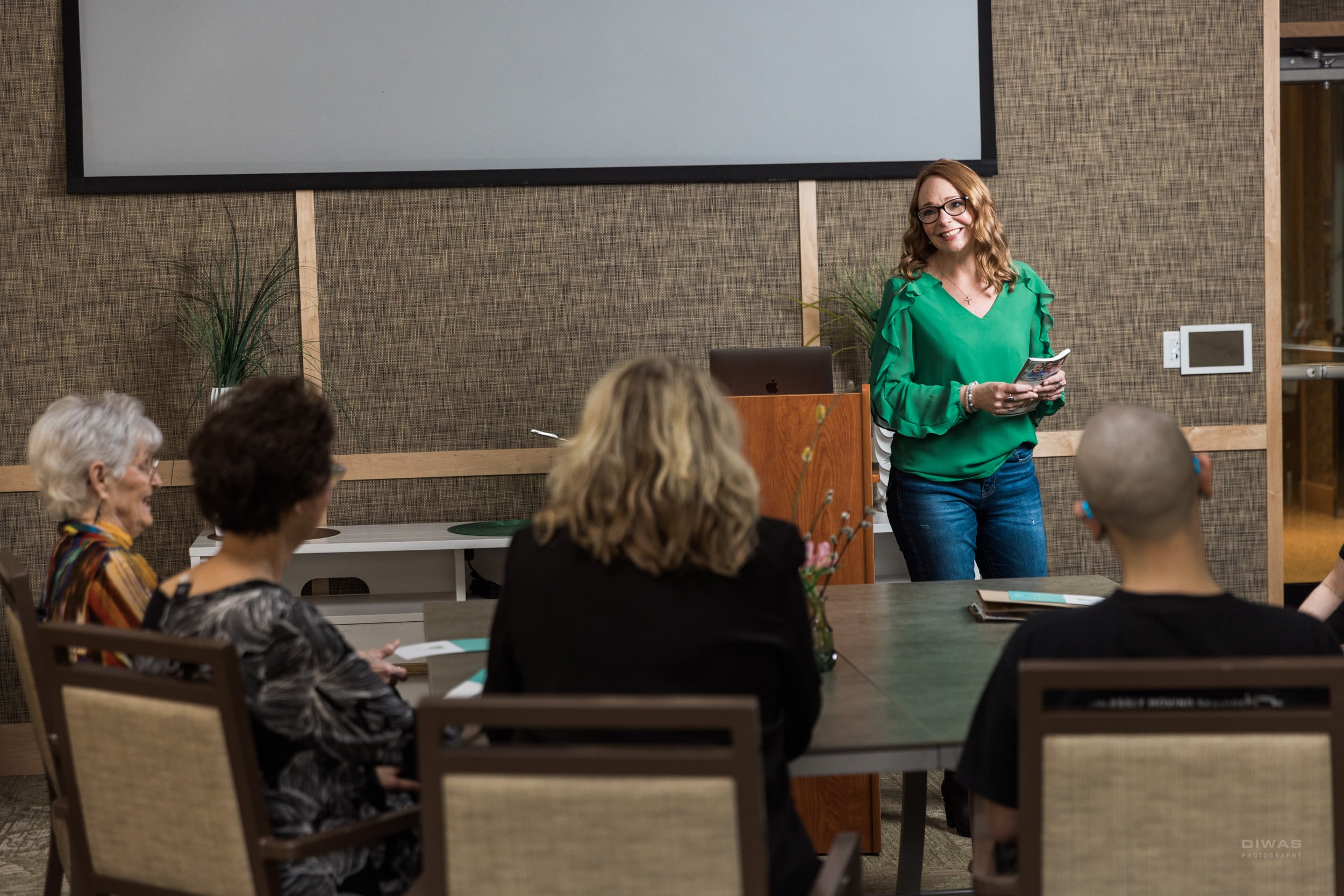Time over time, I meet people who feel overwhelmed by the difficulty of caregiving. They have trouble speaking to their loved one, feel a severe disconnect, and in some circumstances, don’t recognize their loved one. The disease has made it challenging to communicate with their loved one, often resulting in anger or saying hurtful things. Many caregivers feel deflated and run over by the symptoms of the disease. They become withdrawn, embarrassed of their situation, and suffer from caregiver fatigue. They don’t ask for help because they don’t think there is any help for a person like this or that they should be able to handle it. This is not true. While every family is on a unique journey; there is support and a solution to every story.
I had the honor of helping a family whose loved one was asked to leave multiple homes for destructive behavior, including throwing chairs and punching holes in walls. The hospital held him for eight weeks, unable to release him for safety reasons, and the assisted-living home would not take him back. He regularly threw his ostomy bag in frustration, clearly agitated by the effects of his condition and unable to find the words. My client and others who struggle with behavioral challenges can be regarded as a frustration. In these moments, I remind everyone involved they are someone’s family, friend, and above all, are human. They feel regret, pain, and sadness about the uncontrollable state they find themselves in. They need redirecting and the support of trained professionals that specialize in managing severe behavioral effects.
My focus is to find the best path for your loved one. I strive to pair them with people who truly and deeply understand cognitive decline in its many forms and can assist along the bumpy road of change and uncertainty. Not just with today’s challenges, but future changes too. The process to redirect, provide dignity, and deep levels of care no matter what stage they go through is the most essential quality to seek by far. When we focus on this approach, the home we find is for life. These homes understand the disease in its many forms, and they are prepared for change—no more refusal to accept them after an unfortunate outburst.
No two journeys are alike or can be forecasted. This is not a disease you can expect to understand or predict from stage 1 to stage 5 then to stage 8. Who your loved one was is not typically who they stay. This further enhances the emotional challenge. Let me remove the uncertainty from your shoulders and provide your family with an umbrella approach to care, offering solutions in every corner of the challenge.
-
Previous Post
Six Common Signs Of Confusion To look For
-
Next Post
One Simple Call Can Change Everything




